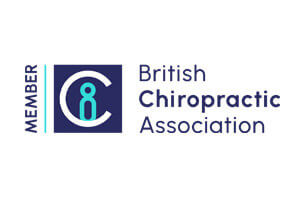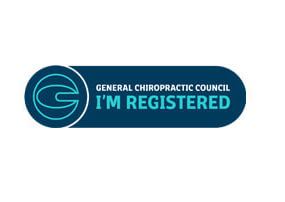What is Sciatica?
 That sharp, nagging leg discomfort that travels from your lower back into your buttock and down one leg? Many people refer to this as sciatica. It may feel tingly or tight, or like a deep ache that makes sitting or standing
That sharp, nagging leg discomfort that travels from your lower back into your buttock and down one leg? Many people refer to this as sciatica. It may feel tingly or tight, or like a deep ache that makes sitting or standing
uncomfortable.
A Quick Overview
Sciatic-type leg pain may be linked with irritation of the sciatic nerve, often associated with postural strain or age-related spinal changes. While this can sound worrying, many cases settle over time with movement, advice, and self-care.
Imaging, such as MRI, is not usually required and is reserved for specific situations (for example, if symptoms are severe, worsening, or not improving as expected).
Day-to-Day Tips Many People Find Helpful
- Keep gently active: Short, frequent breaks usually help more than long periods of sitting or standing.
- Find positions of ease: Side-lying with a pillow between the knees, or lying on the back with calves supported, may provide relief.
- Gentle movement: Pelvic tilts, relaxed knee-to-chest stretches, and light exercises may be useful. Stop if symptoms worsen.
- Pacing, not pushing: Break tasks into smaller chunks with rests.
- Everyday setup: For sitting, keep feet supported and hips slightly higher than knees. For lifting, bend at the hips and knees and keep loads close.
When to Seek Advice
If your symptoms persist, limit your activities, or you’re unsure what to do, consider an assessment with a regulated healthcare professional (such as a chiropractor, physiotherapist, or GP). Care may include hands-on techniques, movement advice, and guided stretches.
Urgent Red Flags
Seek urgent help (NHS 111, your GP, or A&E) if you notice:
- New bladder or bowel control problems
- Numbness in the saddle area
- Severe or worsening weakness in a leg or foot
- Severe pain that does not ease at rest or at night
- Fever, unexplained weight loss, recent trauma, or history of cancer
We’ll review progress with you and, if things aren’t improving as expected, we’ll discuss other options or refer you to your GP.
Our chiropractors are regulated by the General Chiropractic Council (GCC) and are members of the British Chiropractic Association and Royal College of Chiropractors.
This article provides general information for adults in the UK and is not a substitute for personalised medical advice.



